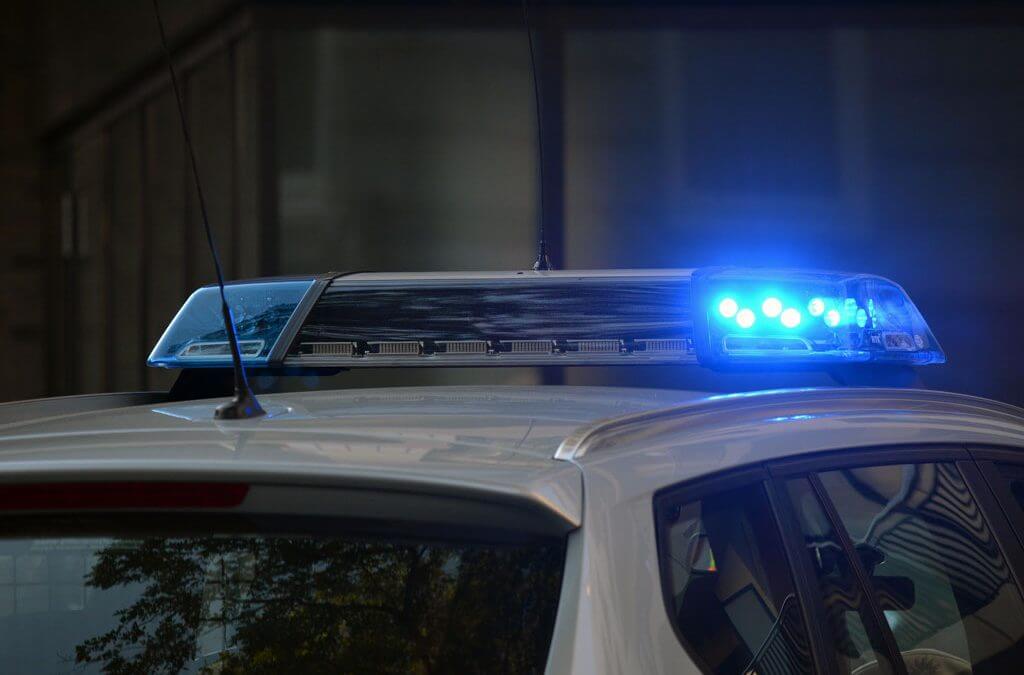Let’s say you go out with your friends to a local bar to have a few drinks to unwind after a long week of work. Things go well, you have some snacks and drinks and everyone feels a bit lighter and jollier. You happen to notice that across the bar, someone is looking in your general direction and you lock eyes — in that moment, their demeanor changes and they begin to glare, boring holes straight through you. You ignore it and go on with your evening, but from that moment on, you have a target on your back. Time skips and you find yourself outside of the bar squared up against your new “friend” and they’re ready to swing for the fences. You don’t have the chance to think about running as a punch comes your way, so you dodge and decide to end the confrontation immediately with a counterpunch.
Next thing you know, police lights illuminate the street and you hear “assault and battery” tossed around — your first thought is to hire a Denver personal injury lawyer to protect you. The good news, if you could imagine it, is that in Denver, you may be protected by the Stand Your Ground law. In essence, you injured the other party because it was your most reasonable defense to protect yourself. It is only an acceptable defense if you were the victim of aggression and not the party instigating the fight.
At this point, you may think that you can defend yourself by any means necessary to de-escalate a fight and end it immediately by any means. We’re here to tell you that you cannot follow this line of reasoning. You can only respond to a threat with equal or lesser force. If it’s a bar fight that involves fists only, you cannot pull out a pocket knife you carry on you to end the brawl; a court will likely rule that you used excessive force. However, if you have taken self-defense courses and find yourself against an aggressor with a weapon with only your fists, you can choose to defend yourself and you likely will not be charged with a crime. It should be noted that most self-defense courses teach students to avoid fights, especially ones involving weapons, at all costs.
At this point, you may wonder what happens if you’re at home, have a permit and own a gun, and are forced with a violent situation on your property. Will you find yourself in legal trouble if you defend your home with a gun and in the event of defense, you kill the aggressor? Because you are defending your home, you may, in fact, use deadly force if the trespasser poses a serious threat, such as burglary, or kidnapping. Additionally, if someone used deadly force against you in the streets, you would be allowed to use deadly force, say with a gun, to protect your own life and remain within legal limits.
In Colorado, you have the right to protect yourself, but the waters are muddied as to when and how you can go about it. If you have any questions regarding self-protection and preservation, our expert attorneys are ready and willing to help shed light on the situation. Additionally, if you are facing charges and believe you acted in self-protection, we’re here to help go over your case and represent you. Call us today for more information.

